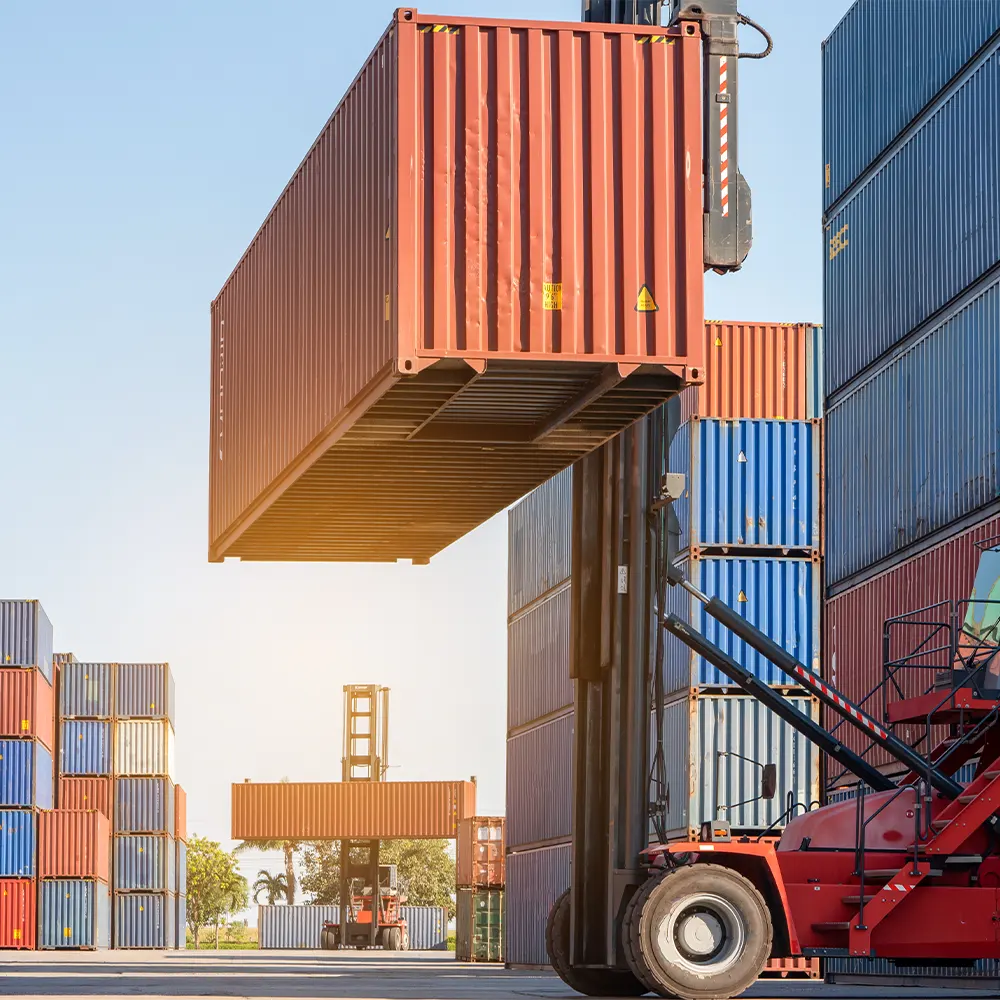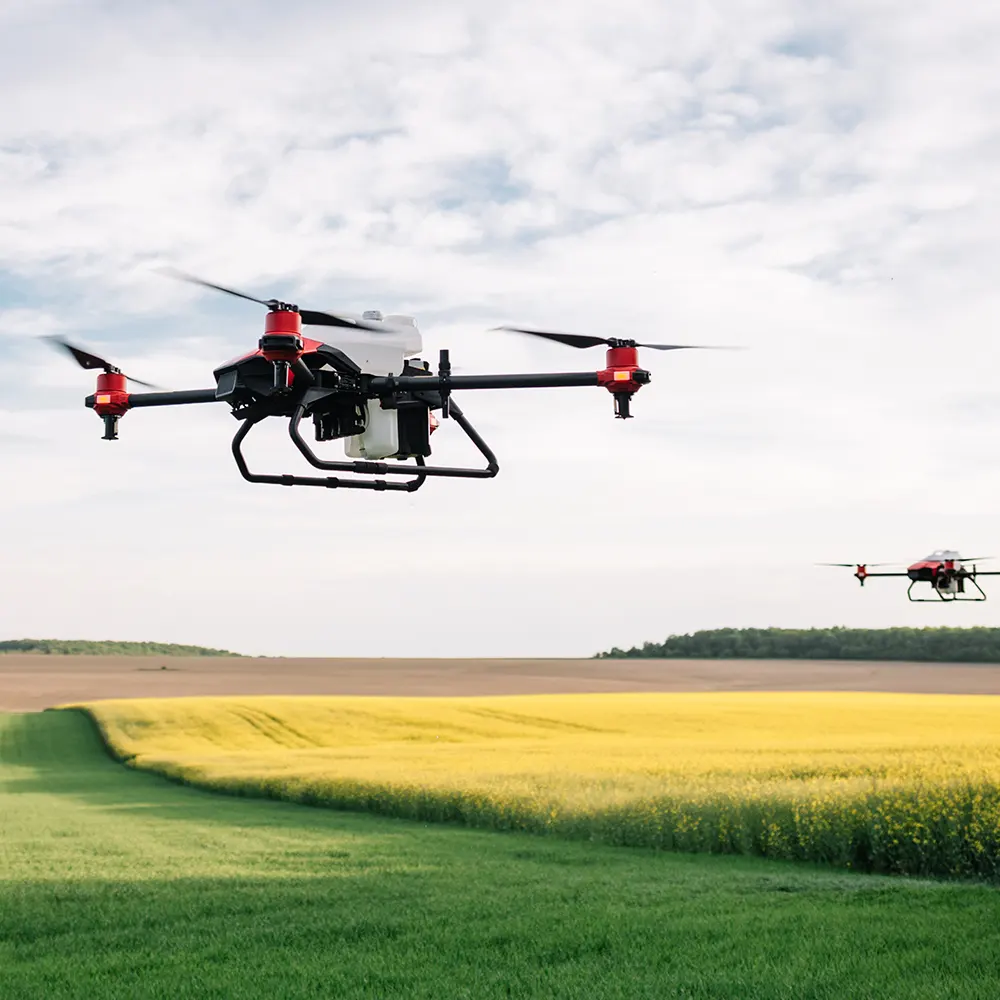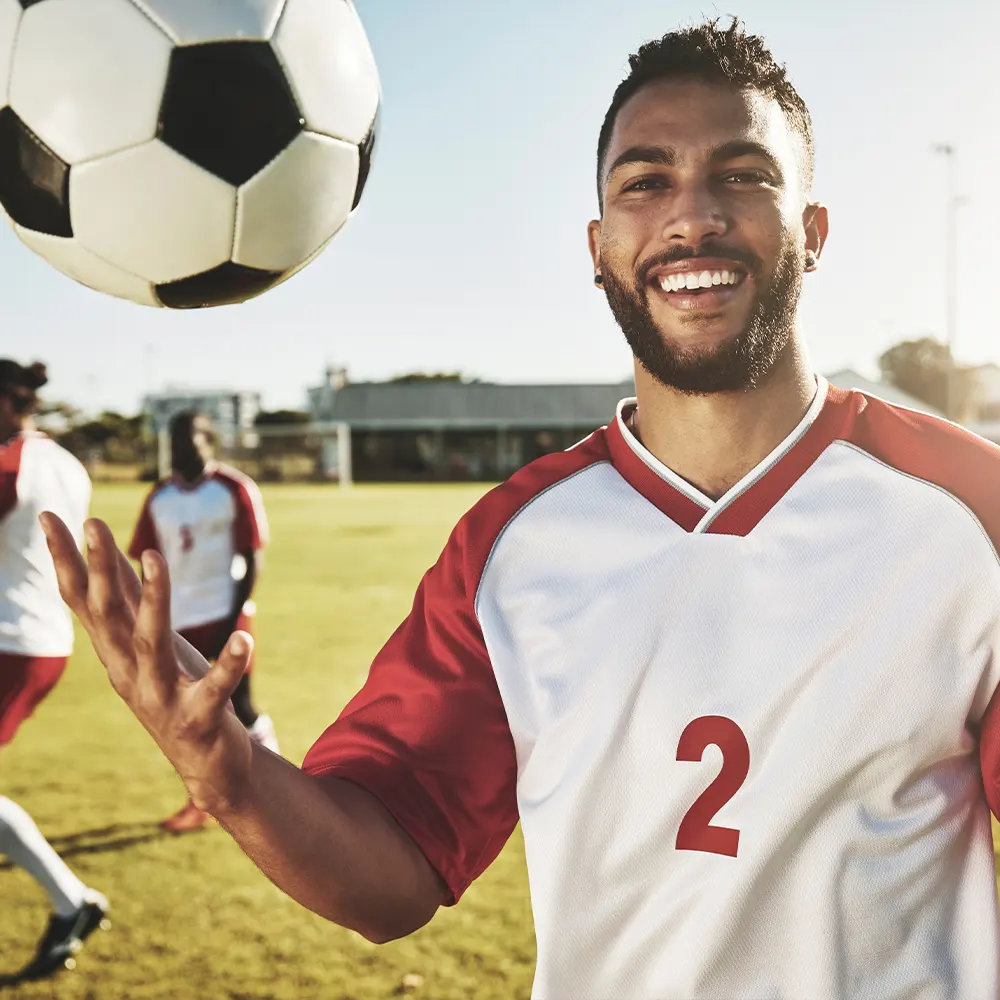Sports Economy
Sports Economy
Mauritius is actively positioning itself as a regional sports hub. The government’s vision is to develop a thriving sports economy that contributes to both economic growth and social development.
Key Initiatives:
- National Sports Policy: Outlines strategic actions for the next decade.
- International Football Academy: Established in partnership with Liverpool FC.
- Sports Economic Commission: Develops a roadmap for integrating sports into the economy.
Role of the Sports Economic Commission:
- Promote Sports Events: Attract international sports events to Mauritius.
- Foster Innovation: Support sportstech incubators and startups.
- Infrastructure Development: Facilitate PPP projects for sports infrastructure.
- Sports Tourism: Develop track and trail tourism.
- Business Models: Create new and competitive business models for sports disciplines.
Objectives:
- Increase GDP Contribution: From 1.2% to over 2% in the next 5 years.
- Develop Niche Markets: Target specific segments of the sports tourism market.
- Public-Private Partnerships: Foster collaboration between the government and private sector.
- Attract International Promoters: Host high-profile sports events.
- Address Youth Unemployment: Create job opportunities and improve living standards.
- Drive Innovation: Support sportstech startups and innovation.
Mauritius’ commitment to developing a sports economy is driven by its potential to contribute to both economic growth and social well-being. By focusing on key initiatives and leveraging partnerships, the country aims to establish itself as a regional leader in the sports industry.
Disclaimer:
The information provided in this article is for general informational purposes only. While efforts have been made to ensure the accuracy and reliability of the information, Mauritius.com makes no guarantees as to its completeness or accuracy.












